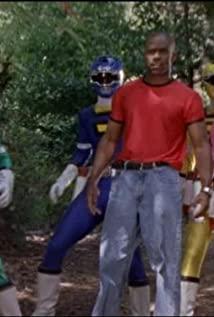But then I thought, yes, the reality is complicated, but that doesn't mean you have to confuse yourself. Surviving in prison requires keeping the creed in mind, as elsewhere, because it helps you and I focus in the face of chaotic reality. It is rare to be able to make a clear and powerful article.
Imagine if Derek hadn't met this cheerful black inmate, would he have realized his prejudice against blacks and the police? Would Derek be tricked into giving his life if those white people were more cunning? Or maybe Derek himself is not so pure and has a desire for power? On second thought, these assumptions don't actually hinder the conclusion: Don't let anger become a burden. Precisely because Derek is just the personification of anger, he's not stupid, and he doesn't have so many complex and decadent things, so those opportunities will eventually come his way: he'll be aware of his own prejudices, and he'll be aware of the stupidity of others and others. Obscure motive, because Dr. Sydney's question is right there in his mind: Have you done anything to make life better?
This kind of problem-solving thinking is also the reason why the film can draw a clear theme. But I thought of another annoying situation: some people's anger is easily instigated and easily deterred by external forces; but when they have the opportunity, they will be called to fight like psoriasis. This may be because, at this time, the assumption of "the problem to be solved" does not hold, and there is a weak decadence in addition to the anger. And that's outside the scope of the "main theme" movie. One thing that can explain the "main theme" of this film is that the protagonist is not decadent at all. And "main theme" movies generally still assume that the protagonist is somewhat rational in dealing with problems.
View more about American History X reviews











